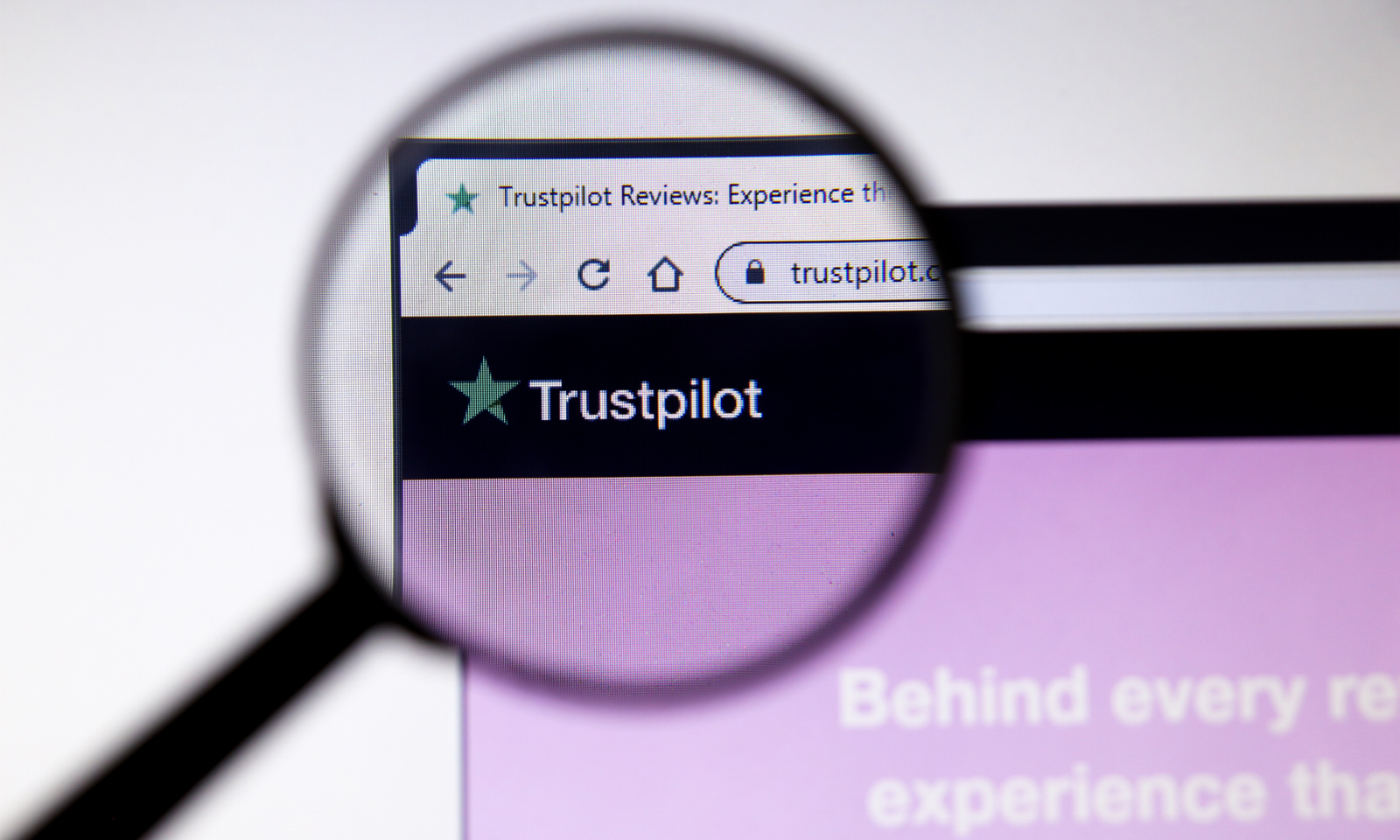We probably don’t have to tell you that your customers’ opinions matter.
In a world where more consumers are purchasing online than ever before, it’s never been more important to manage your businesses’ reviews.
Third party review websites such as Trustpilot have become the go-to for honest, impartial reviews that cannot be censored or edited by brands. Of course, there will always be a small number of reviewers who are less than honest or fair. In this post, we explain why online reviews are so important and offer our top tips on how to manage them.
Why are online reviews so important?
Transparency
Reviews on trusted, impartial websites offer potential customers transparency when it comes to the quality of a product or service. A fellow consumer who has no affiliation with the brand is more likely to be honest and open about their experience. With sponsored reviews flooding social media and many influencers still choosing not to disclose when they’ve been paid to promote a product, these websites provide a place for shoppers to read about genuine experiences from people who have paid for the product or service with their hard earned cash.
They’re the voice of the customer
Reviews give your customers a voice. Sites like Trustpilot are made by the customer, for the customer, and by giving customers a platform to share their opinions, they have the power to create a much better online shopping experience for everyone. As a brand, you can use these reviews to discover and rectify any issues and spot trending topics among your customers.
Reviews are your reputation
Reviews play a huge role in building your brand’s reputation, especially on the internet. This is particularly true for ecommerce brands who exist entirely online in the eyes of the customer. A good reputation allows your business to grow by increasing your online presence and increasing the level of trust between your brand and customers.
They strengthen your PPC ads
Google allows you to add your Trustpilot rating to your PPC campaigns. This can greatly increase both clicks and conversions, as the star rating is instantly visible to online shoppers and not only raises your ad quality score, but can also lower your ad spend if click through rate increases.

They boost your organic search rankings
Reviews generate a regular stream of fresh and relevant content for your business. You can often find specific, long-tail keywords within product reviews, which helps ecommerce websites to rank for a wider range of terms without lifting a finger.
How do you handle online reviews?
Keep track
Many review sites allow you to set up an alert, which will notify you when a new review is published. You can also set up Google alerts which sends an email whenever your business is mentioned online, whether it be on web pages, blogs etc. It’s important to monitor your online reviews both on your own and third party websites, as this means you’re aware of any negative feedback, recurring problems and also what you’re doing right.
Unfortunately, fake or unfair reviews are often part and parcel of being online. The mobile revolution has made it easier than ever for people to share their opinions in an instant. Whilst every review offers a chance to learn and improve, many businesses do fall victim to fake or abusive reviews.
Both Trustpilot and Google have rules and policies in place designed to protect businesses. Whilst they won’t get involved in disputes, they do allow you to flag content that you deem to be inappropriate – flagged reviews will then be checked to see if they break the rules. Having a member of your team regularly monitor your online reviews can help to flag anything inappropriate straight away.
Be responsive
You should have at least one member of staff who is in charge of monitoring and responding to reviews. If you have a large customer service team and receive a high volume of reviews then this can be split among several people if needed. It’s vital to respond to as many reviews, good or bad, as possible and with a professional attitude and polite manner. This shows customers that you care about their experience with your business, gives your brand a human touch and provides an opportunity to apologise for/resolve any problems that may have arisen during a customer’s time with you.
Encourage positive reviews
Encouraging happy customers to leave positive reviews is a great way to generate new content for your business that builds trust and converts. However, you should always take care when approaching customers for reviews, as it’s easy to come across as pushy. Be careful not to only target people who have recently purchased rather than sending a blanket email to your whole mailing list. First of all, you will end up bothering email subscribers who haven’t yet made a purchase – this can be perceived as impersonal and off putting. Secondly, a wave of positive reviews at once may be viewed with suspicion by readers.
It may be tempting to offer incentives, but bribing customers to leave positive feedback likely isn’t going to generate honest reviews, and many may begin to question the authenticity of your existing reviews if you go down this path.
A simple way to gently encourage reviews is by having clear CTA buttons and links to trusted third party review sites so the process is quick and convenient for your website users.
Looking for expert guidance when it comes to your ecommerce strategy? Get in touch!

